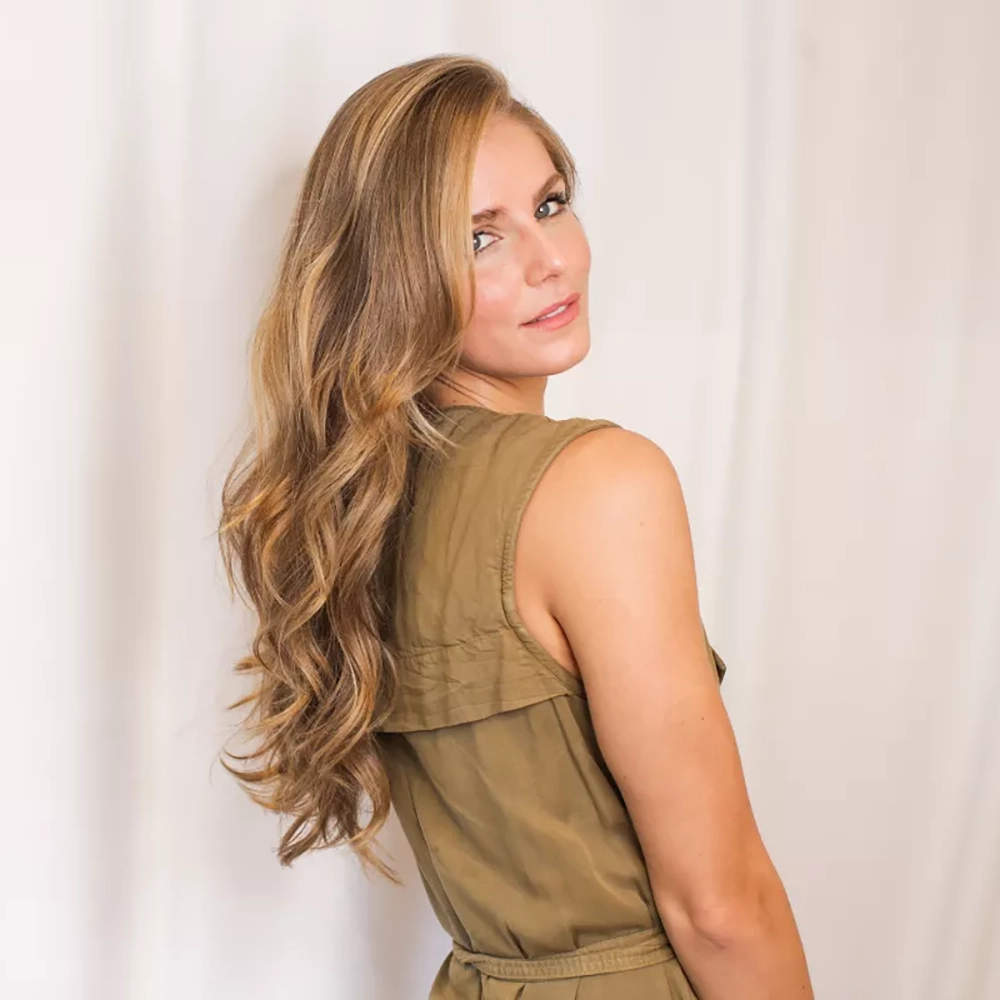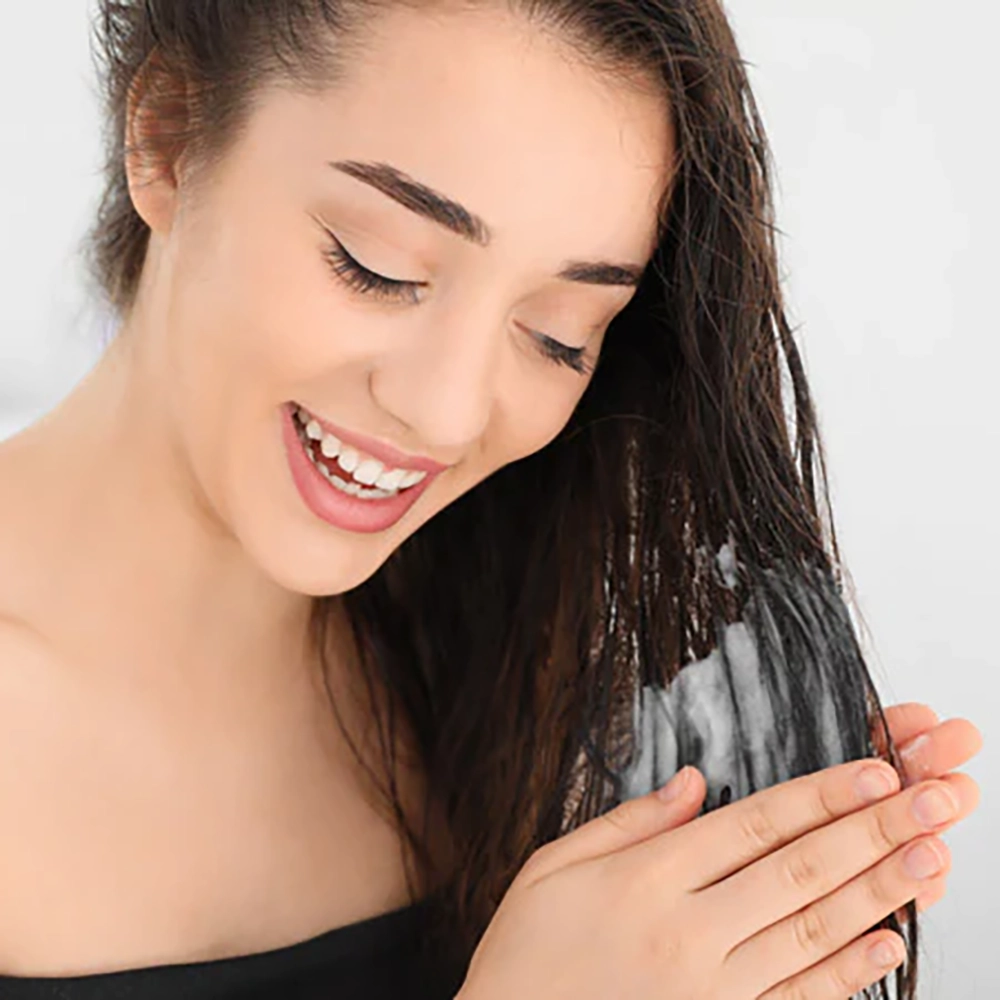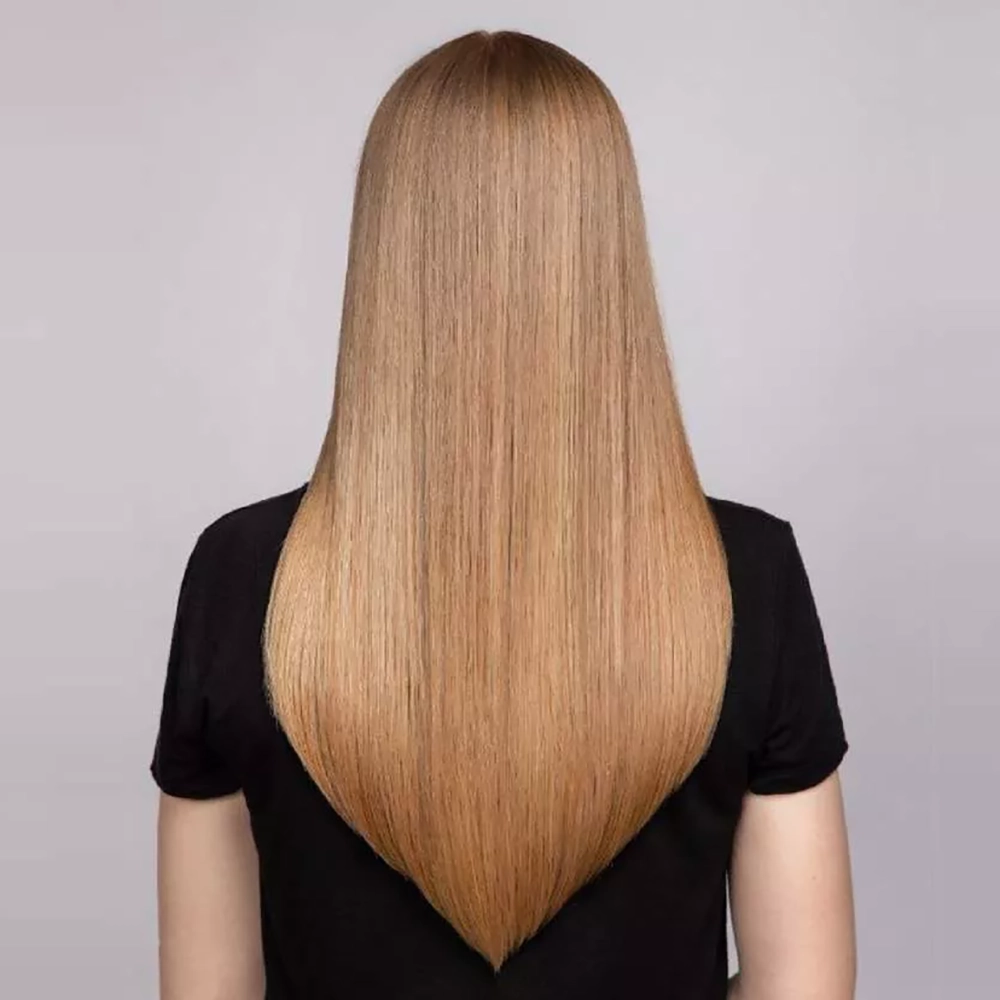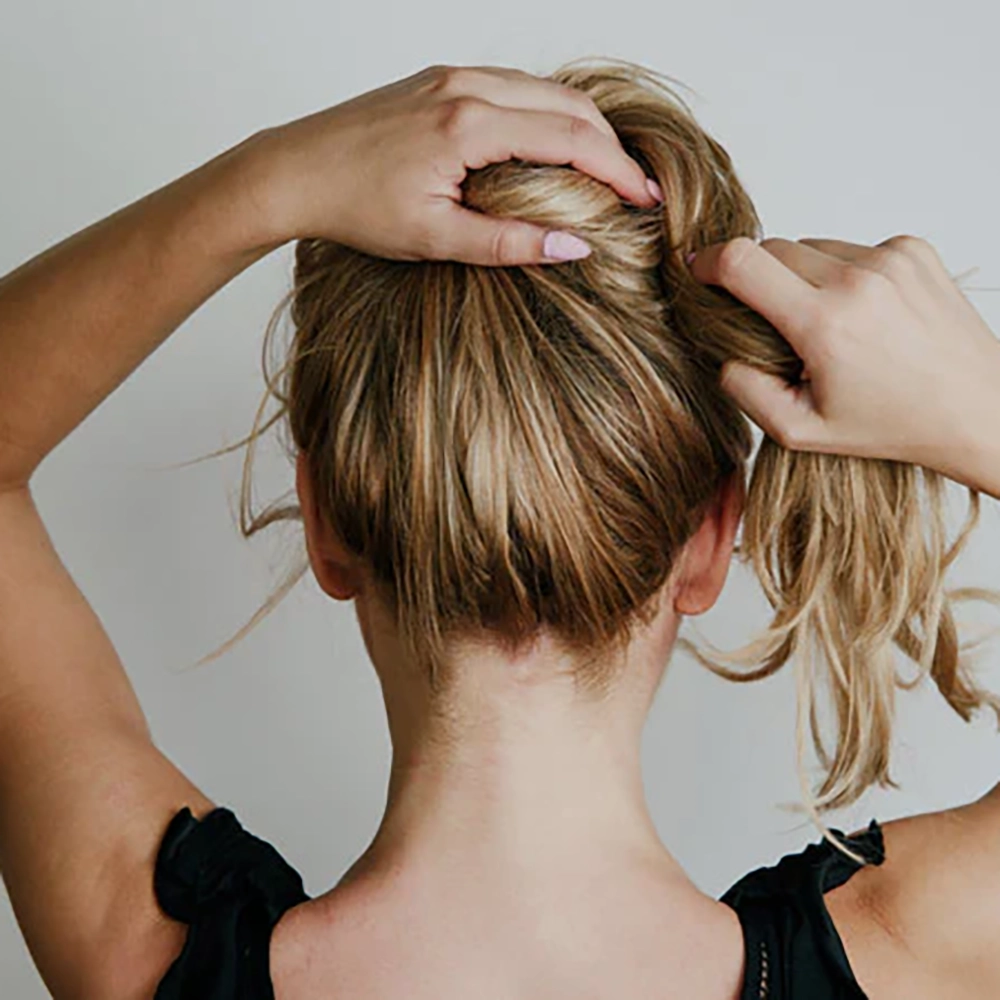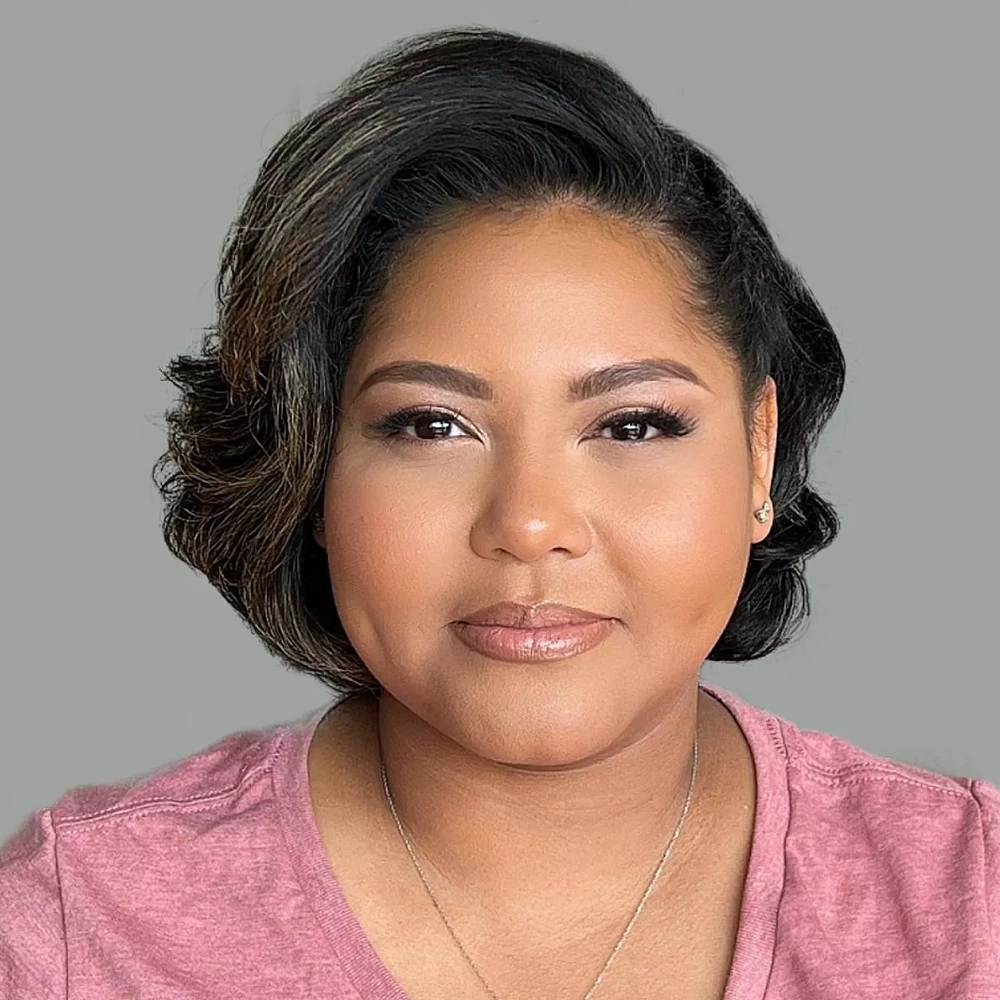Understanding dandruff and its causes
Dandruff is a common scalp condition that affects millions of people worldwide. It is characterized by the shedding of dead skin cells from the scalp, causing itching and flaking. While dandruff is a harmless condition, it can be quite embarrassing and uncomfortable for those who experience it. In order to effectively manage and treat dandruff, it is important to understand its causes and triggers.
There are several factors that contribute to the development of dandruff. One of the main causes is an overgrowth of a yeast-like fungus called Malassezia. This fungus is naturally present on the scalp, but in some individuals, it can multiply excessively, leading to irritation and flaking of the skin. Other factors that can contribute to dandruff include dry scalp, oily skin, hormonal imbalances, stress, and certain medical conditions.
To tackle dandruff effectively, it is essential to address its underlying causes. By understanding the triggers of dandruff, individuals can adopt the right haircare practices to prevent and manage the condition. Regularly washing the hair with a gentle, anti-dandruff shampoo can help to reduce the amount of oil and fungus on the scalp. It is also important to avoid using harsh hair products and hot water, as these can strip the scalp of its natural oils and exacerbate dandruff symptoms.
| Causes | Description |
|---|---|
| Malassezia | An overgrowth of a yeast-like fungus |
| Dry scalp | Lack of moisture on the scalp |
| Oily skin | Excessive oil production on the skin |
| Hormonal imbalances | Changes in hormone levels can impact the scalp |
| Stress | Stress can worsen dandruff symptoms |
| Medical conditions | Certain health conditions can contribute to dandruff |
While there is no definitive cure for dandruff, it can be effectively managed and controlled. In addition to proper haircare practices, individuals can also make some lifestyle changes to minimize dandruff. These may include eating a balanced diet, managing stress levels, and avoiding excessive use of styling products or heat on the hair. If dandruff persists despite these measures, it is advisable to consult a dermatologist who can provide further guidance and recommend suitable treatments.
In conclusion, understanding the causes of dandruff is crucial in order to effectively manage and treat this common scalp condition. By addressing the underlying triggers and adopting proper haircare practices, individuals can minimize dandruff and enjoy a healthier scalp. Remember, a healthy scalp leads to healthy hair!
The connection between hair length and dandruff
The connection between hair length and dandruff is a topic that has intrigued many people over the years. While dandruff is a common scalp condition that affects millions of individuals worldwide, the relationship between hair length and its development is still not fully understood. However, there are some intriguing theories and observations that shed light on this connection.
Firstly, it is important to understand what causes dandruff. Dandruff is primarily caused by an overgrowth of a yeast-like fungus called Malassezia. This fungus is naturally present on the scalp of most individuals, but in some cases, it can multiply excessively, leading to scalp irritation and the shedding of dry, flaky skin known as dandruff.
One theory suggests that hair length can influence the development of dandruff. Longer hair provides an ideal environment for the Malassezia fungus to thrive. The strands of long hair offer more surface area for the fungus to attach to and multiply. The secretion of sebum, the scalp’s natural oil, also tends to accumulate more on longer hair, creating a suitable environment for the fungus.
On the other hand, shorter hair may have some benefits in preventing dandruff. Short hairstyles, such as pixie cuts or buzz cuts, expose the scalp more to air and sunlight, making it harder for the fungus to multiply. Additionally, shorter hair is easier to clean and maintain, which can help in controlling the fungus’s growth.
In order to minimize the occurrence of dandruff, it is important to find the optimal hair length that suits you. This can vary depending on factors such as the individual’s scalp condition, hair type, and personal preferences. Experimenting with different hair lengths and observing how your scalp reacts can help in determining the ideal length for you.
Aside from hair length, proper haircare practices are also crucial in preventing dandruff. Regular washing and conditioning of the scalp and hair can help in maintaining a healthy environment and reducing the chances of fungal overgrowth. It is important to use gentle, anti-dandruff shampoos that contain ingredients like pyrithione zinc or ketoconazole to effectively target the fungus.
In conclusion, while the connection between hair length and dandruff is not fully understood, there are some indications that longer hair may provide a more favorable environment for the development of dandruff. However, individuals with shorter hair may have some advantages in preventing dandruff. Ultimately, finding the optimal hair length and adopting proper haircare practices can help in minimizing dandruff and maintaining a healthy scalp.
How short hair affects dandruff development
Short hair is a popular choice for many individuals due to its convenience and low maintenance. However, one aspect that is often overlooked is the impact of short hair on dandruff development. While dandruff can affect individuals with any hair length, it is important to understand how having short hair can influence this condition.
Firstly, it is essential to comprehend the causes of dandruff. Dandruff is primarily caused by an overgrowth of a fungus called Malassezia on the scalp. This overgrowth leads to the shedding of skin cells, resulting in the visible white flakes commonly associated with dandruff. Hormonal changes, stress, improper hair care, and certain skin conditions can exacerbate the presence of dandruff.
When it comes to short hair, dandruff development can be influenced in several ways. Firstly, individuals with short hair may be more prone to dry scalp. With shorter hair, the natural oils produced by the scalp have less hair to distribute to, resulting in a drier scalp. Dryness can lead to increased flaking and dandruff. Additionally, short hair may allow for easier visibility of dandruff flakes, making the condition more noticeable.
Moreover, short hair may influence the efficacy of any dandruff treatments or haircare practices. Applying anti-dandruff shampoos or treatments to short hair may be more effective as it allows for better product distribution and contact with the scalp. On the other hand, individuals with longer hair may struggle with fully coating the scalp and reaching the roots of their hair, potentially leading to less effective dandruff treatment.
In conclusion, while dandruff can affect individuals regardless of their hair length, it is important to recognize the influence of short hair on dandruff development. Understanding the causes of dandruff and how short hair can impact its presence can help individuals take appropriate measures to prevent and manage this common scalp condition. Whether it involves adjusting haircare practices or utilizing targeted dandruff treatments, having the knowledge about the relationship between short hair and dandruff development is crucial for maintaining a healthy scalp.
Benefits of short hair in preventing dandruff
Short hair has been a popular choice for many individuals throughout history, and there are numerous benefits to having a shorter hairstyle. One of the often-overlooked advantages of short hair is its ability to prevent and minimize dandruff. Dandruff is a common scalp condition characterized by flakes of dead skin that can be embarrassing and uncomfortable. By understanding the benefits of short hair in preventing dandruff, you can make an informed decision about your hairstyle and potentially improve your scalp health.
Firstly, shorter hair is easier to clean and maintain compared to longer hair. With shorter strands, it is simpler to thoroughly cleanse your scalp and remove any built-up oils, dirt, or dead skin cells that may contribute to dandruff. Regularly washing your hair and scalp is an important step in preventing dandruff, and shorter hair allows for more effective cleansing.
Furthermore, short hair tends to dry quicker than longer hair. Excessive moisture on the scalp can contribute to the growth of the fungus Malassezia, which is often responsible for dandruff. By choosing a shorter hairstyle, you reduce the surface area for moisture to accumulate, preventing the conditions necessary for the proliferation of Malassezia.
Optimal hair length for minimizing dandruff
When it comes to minimizing dandruff, the length of your hair can play a significant role. Finding the optimal hair length can help in preventing and reducing dandruff. Dandruff is a common scalp condition that causes flakes of dead skin to appear on the scalp and in the hair. It can be itchy and embarrassing, leading many people to search for effective solutions. In this article, we will explore the relationship between hair length and dandruff, and provide tips on finding the optimal hair length for minimizing dandruff.
Dandruff is often caused by a combination of factors including dry skin, an overgrowth of yeast on the scalp, and certain skin conditions. The length of your hair can impact dandruff in various ways. For individuals with long hair, the flakes of dead skin are more visible and can be easily noticed. Additionally, longer hair provides a warmer and more humid environment for the yeast to thrive, exacerbating dandruff symptoms. On the other hand, shorter hair tends to be easier to manage and maintain good scalp hygiene, which can help in controlling dandruff.
If you are prone to dandruff, having shorter hair can offer several benefits in minimizing its occurrence. Firstly, shorter hair is easier to wash and rinse thoroughly. This helps in removing any excess oil, dead skin cells, and product buildup that can contribute to dandruff. Moreover, shorter hair allows for better airflow to the scalp, keeping it drier and less prone to yeast overgrowth. By reducing the factors that contribute to dandruff, individuals with short hair can experience a decrease in flakes and itchiness.
Haircare practices for dandruff prevention with short hair
Short hair can be a stylish and practical choice for many individuals, but it may also come with its own set of challenges, such as dandruff. Dandruff is a common scalp condition characterized by flaking and itching. While it can affect people with any hair length, those with short hair may be more prone to dandruff due to certain factors. However, by incorporating specific haircare practices into your routine, you can effectively prevent and manage dandruff with short hair.
One of the most crucial haircare practices for preventing dandruff is maintaining a clean and healthy scalp. Regularly shampooing your short hair helps to remove excess oil, dead skin cells, and any product buildup that may contribute to dandruff. Opt for a gentle shampoo specifically formulated for dandruff-prone scalps. Massage the shampoo into your scalp using your fingertips to stimulate circulation and thoroughly cleanse the area.
In addition to shampooing, proper conditioning is also essential for dandruff prevention with short hair. While it is important to keep your hair and scalp moisturized, be cautious not to over-condition. Excessive use of heavy conditioners or leaving them on for too long can exacerbate dandruff. Focus on applying the conditioner mainly to the lengths and ends of your hair, avoiding the scalp as much as possible.
- Regularly shampoo your short hair with a gentle dandruff-specific shampoo.
- Massage the shampoo into your scalp using your fingertips to thoroughly cleanse.
- Condition your hair, focusing on the lengths and ends to avoid scalp buildup.
Besides cleansing and conditioning, maintaining a healthy diet and lifestyle can also contribute to dandruff prevention. Ensure you are getting enough vitamins and minerals, particularly those that support scalp health, such as zinc, omega-3 fatty acids, and vitamin B. Stay hydrated and manage stress levels, as these factors can also impact the condition of your scalp and hair.
| Vitamins and Minerals for Scalp Health: | Food Sources: |
|---|---|
| Zinc | Pumpkin seeds, beef, lentils |
| Omega-3 Fatty Acids | Fatty fish (salmon, mackerel), walnuts, flaxseeds |
| Vitamin B | Eggs, lean meats, whole grains |
Lastly, avoid excessive heat styling and harsh hair products, as these can strip the scalp of its natural oils and lead to dryness and dandruff. Instead, embrace a more natural and gentle haircare routine to maintain the health of your scalp and prevent dandruff.
In conclusion, individuals with short hair can effectively prevent and manage dandruff by incorporating proper haircare practices into their routine. Ensure your scalp is clean and healthy by regularly shampooing and conditioning your hair. Maintain a nutrient-rich diet and a healthy lifestyle to support scalp health. Avoid excessive heat styling and harsh hair products. By following these practices, you can enjoy all the benefits of short hair without the worries of dandruff.
Combating dandruff with short hairstyles – success stories
Short hairstyles have long been viewed as a trendy and practical option for individuals looking to have a low-maintenance and stylish look. But did you know that short hairstyles can also help combat dandruff? It may sound surprising, but many people have experienced success in reducing dandruff with short hairstyles. In this blog post, we will explore the success stories of individuals who have found relief from dandruff by opting for short haircuts.
One of the main reasons why short hairstyles are effective in combating dandruff is the ease of maintenance. With shorter hair, it is easier to keep the scalp clean and free from excessive oil and dirt buildup. Dandruff is often caused by an overgrowth of a yeast-like fungus called Malassezia, which thrives in oily and dirty scalps. By regularly cleansing the scalp with a gentle shampoo, individuals with short hairstyles can prevent the accumulation of oils and dirt that contribute to dandruff.
Furthermore, short hairstyles allow for better airflow to the scalp, which helps in keeping it dry and preventing the growth of dandruff-causing fungi. Longer hair tends to trap heat and moisture, creating an environment that is conducive to fungal growth. By opting for shorter haircuts, individuals can minimize the risk of excess sweating and moisture retention on the scalp, reducing the likelihood of dandruff development.
Additionally, short hairstyles can aid in the effectiveness of dandruff treatments. Many anti-dandruff shampoos and treatments contain active ingredients, such as ketoconazole or zinc pyrithione, that work to eliminate the fungi causing dandruff. With shorter hair, these treatments can easily reach the scalp and target the underlying dandruff-causing factors more effectively. Individuals with shorter hair also find it easier to evenly distribute the product throughout the scalp, ensuring maximum efficacy.
- Easy maintenance and cleanliness
- Better airflow and scalp dryness
- Enhanced effectiveness of dandruff treatments
| Success Stories | |
|---|---|
| Lucy, 34 | After years of struggling with dandruff, Lucy decided to go for a short pixie cut. Not only did her new hairstyle make her feel more confident, but it also significantly reduced her dandruff. She found that she could easily keep her scalp clean and noticed a decrease in oiliness and itchiness. |
| Jonathan, 28 | Jonathan had tried numerous dandruff treatments without much success. Frustrated, he decided to chop off his long locks and sported a stylish crew cut. To his surprise, his dandruff symptoms improved dramatically. The short hair allowed him to cleanse his scalp thoroughly, and he noticed a visible reduction in flakiness and irritation. |
| Sarah, 42 | Dandruff had always been a persistent issue for Sarah, even with various hair lengths. However, when she opted for a chic bob cut, she saw a remarkable difference in her dandruff. The shorter hair made it easier for her to apply medicated shampoos and treatments to her scalp, leading to a decrease in dandruff and an overall healthier scalp. |
In conclusion, short hairstyles have proven to be successful in combating dandruff for many individuals. The ease of maintenance, improved airflow to the scalp, and enhanced effectiveness of treatments all contribute to a reduction in dandruff symptoms. As showcased by these success stories, opting for a short hairstyle can not only provide a stylish look but also help individuals achieve a healthier and dandruff-free scalp. So, if you have been battling dandruff, why not consider a short haircut and join the ranks of those who have found success in their fight against dandruff?



